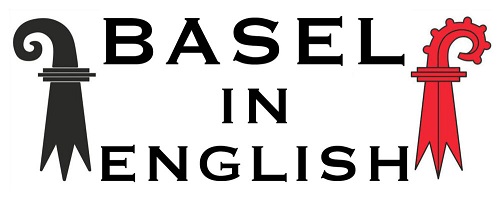Here is a quick overview of the main road rules and regulations, and details on the safety items which you must always carry in a vehicle…
- Driving is on the right in Switzerland
- The minimum driving age is 18
- Third-party insurance is obligatory
- Seat belts are compulsory for all occupants
- All children up to the age of 8 must be in an approved child seat
- Children under 12 are not allowed to sit in the front seat without an appropriate child restraint
- Use of headlights or daytime running lights is obligatory for all vehicles at all times.
- Hazard lights may only be used to warn of danger
- No honking is allowed after dark
- Noise from car occupants that could disturb people is prohibited
- Mobile phones may only be used with a hands-free system
- Each car must carry a red warning triangle (reflective vests are not obligatory)
- All vehicle paperwork should be carried: driving licence, insurance details, exhaust emissions test certificate, car registration papers
- Drivers using spectacles or contact lenses must carry spare spectacles in the car
- Snow chains are obligatory in some winter conditions
- It is illegal to drive if the windscreen is partly or completely obscured by frost; it is illegal to let the car idle to aid clearing the windscreen
- Helmets are compulsory for driver and passenger on all scooters, motorbikes, quad bikes and trikes
- Radar detectors are illegal
Note: Approved child seats are compulsory for children up to the age of 12 and measuring under 150cm. Seats must be conform to ECE Regulation R44.03 or R44.04.
If you get a Speed camera (Radar) fine in Basel or in Switzerland in General
Unfortunatly Switzerland’s speed camera system is disliked by many people living in Switzerland due to the fact the cameras are usually painted green or grey and camoflaged by been put infront of trees or buildings so they blend in, unlike the UK and other countries cameras which are bright yellow and used as a deterent to slow people down and not just to fine people. If you are unlucky to get a fine in Basel, Switzerland, here is a link in English to find out what your fine will be.
http://www.polizei.bs.ch/verkehr/bussen/fines.html
Important rules that are Unusual in Switzerland
- Right of way: This is very difficult to remember and causes the most stress. When driving in a city, town or village, the right of way at an intersection is automatically given to the vehicle on the right – unless otherwise indicated by stop or yield/give way signs. This applies even in the case of a small side road entering a major main road. The vehicle travelling on the main road must give way to the vehicle entering on the right
- Trams, police vehicles, ambulances, fire engines and buses have the right of way over passenger cars
- At a roundabout: the vehicle already on the circle has the right of way over vehicles joining from the right
- On hill roads: the car travelling uphill has priority over the one coming down
- Pedestrians have the right of way at black and yellow striped (zebra) crossings
- Bikes: Be careful here, Bikes don’t have the right of way always, but as normal in Switzerland don’t follow rules, especially at traffic lights. Plus they can go in a lot of cases the wrong way on one way streets.
- Traffic In-accessible towns. There are towns in Switzerland which are inaccessible by road, for example the resorts of Zermatt, Braunwald, Murren and Wengen are only accessible by train or tram. Cars are parked at the bottom of the mountain and public transport is available in the resort


